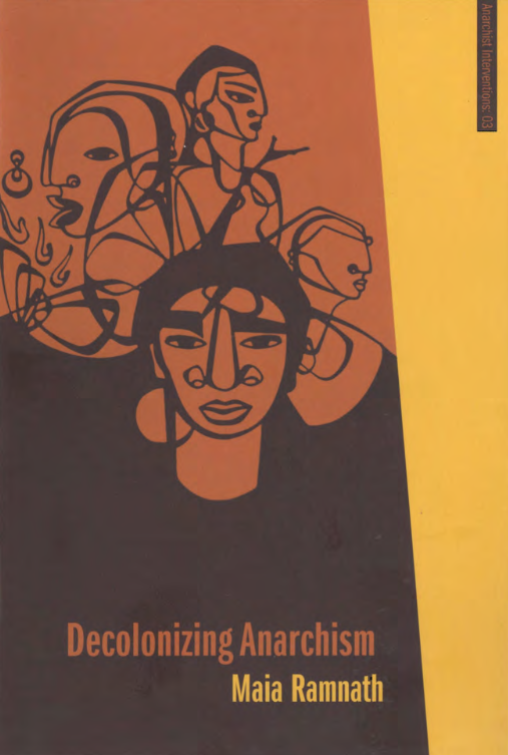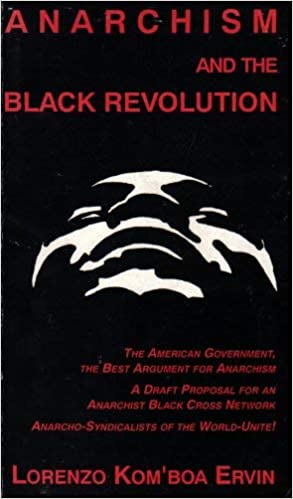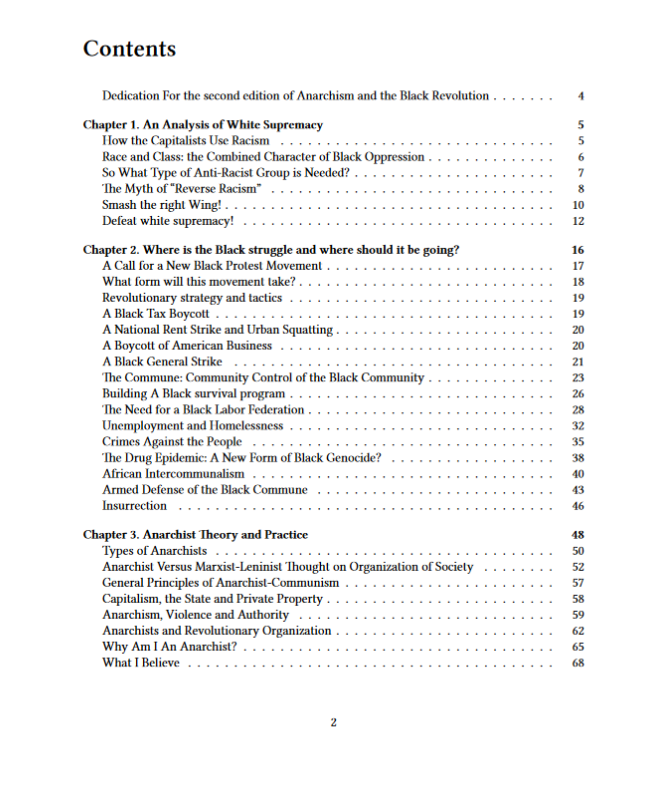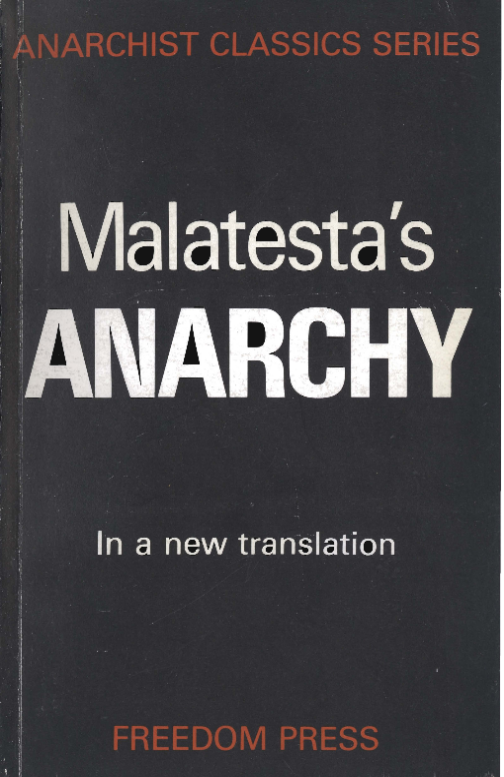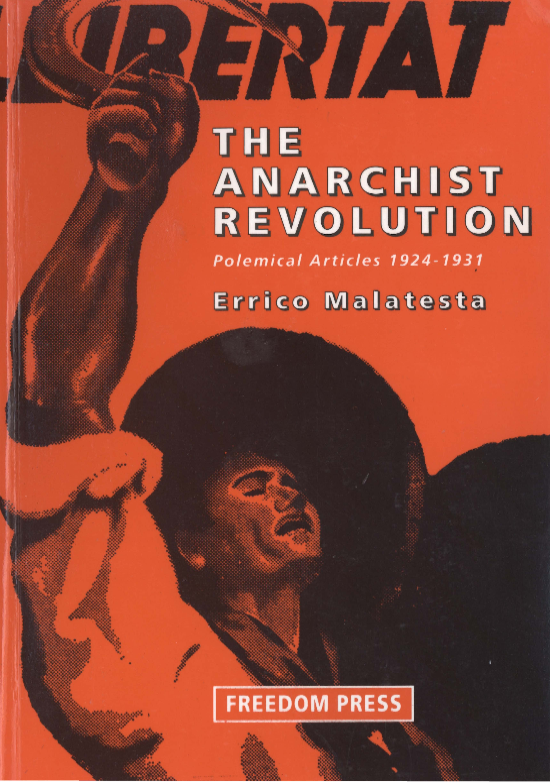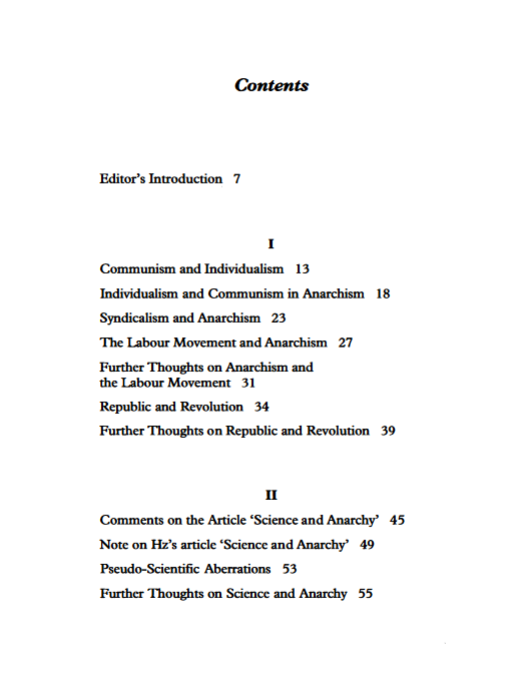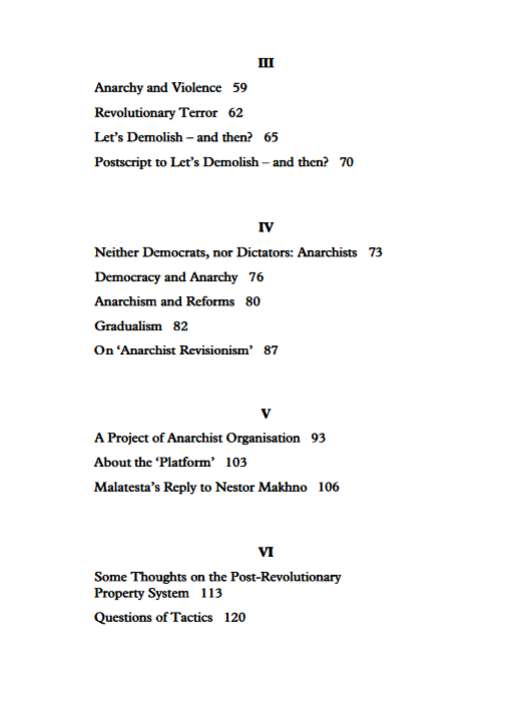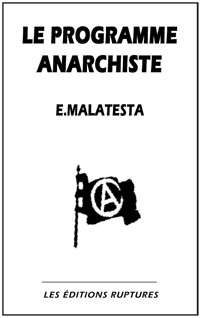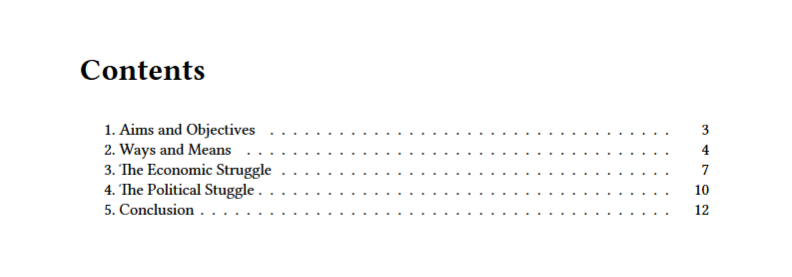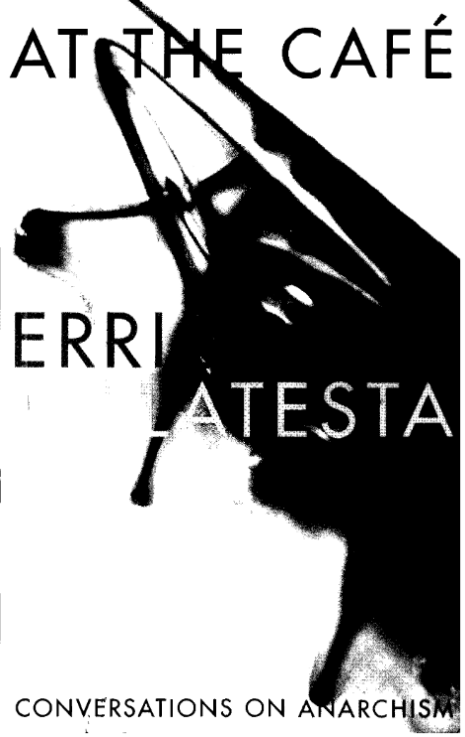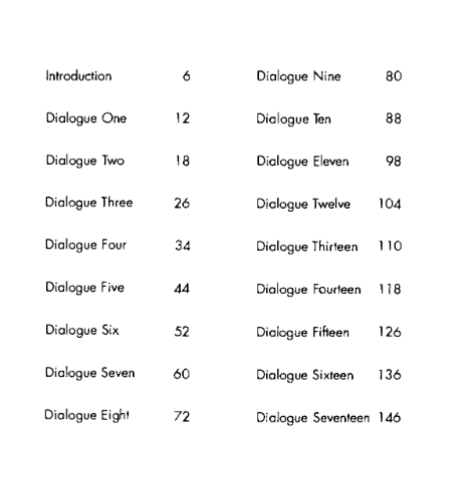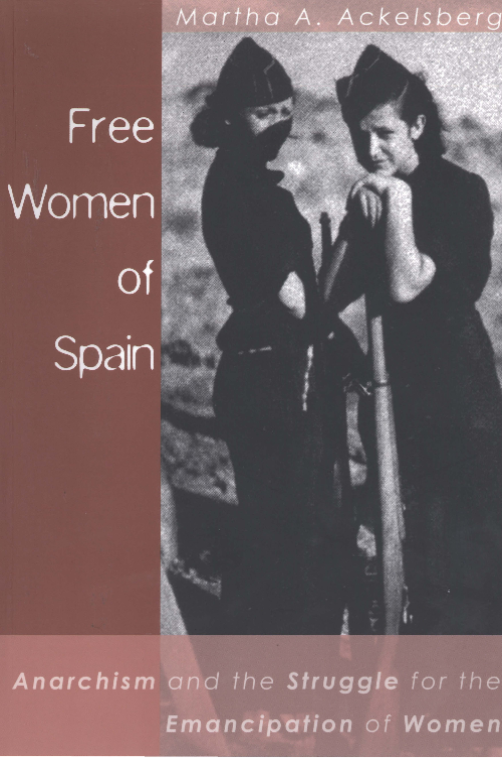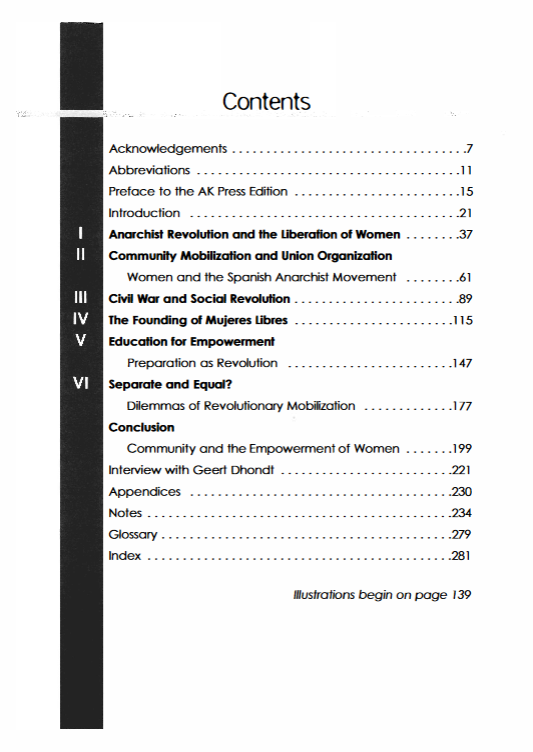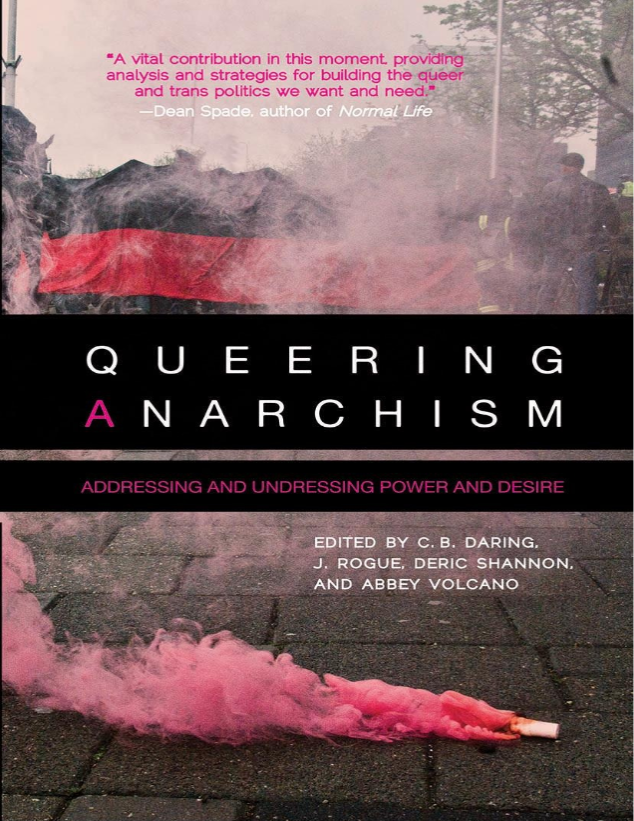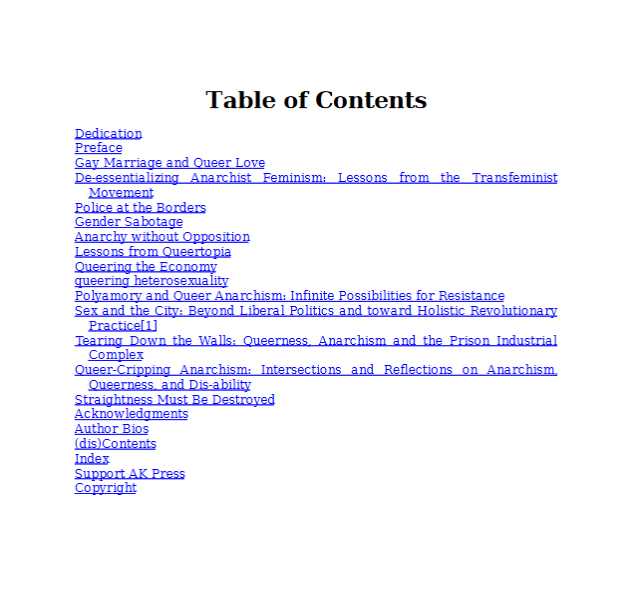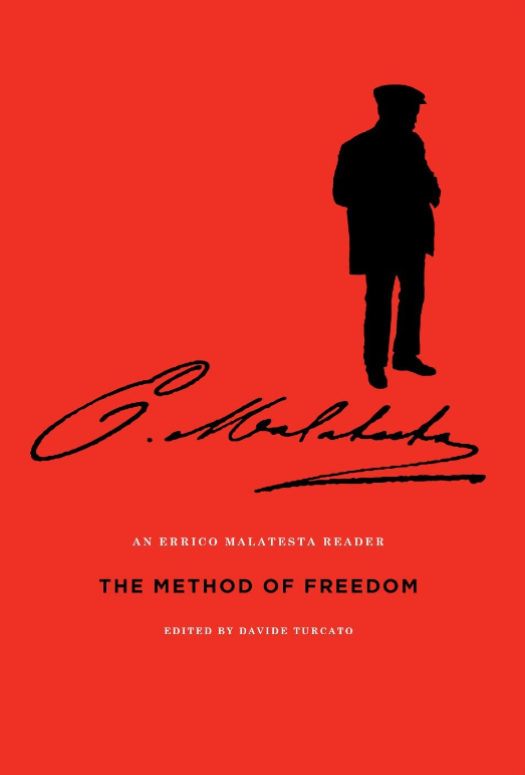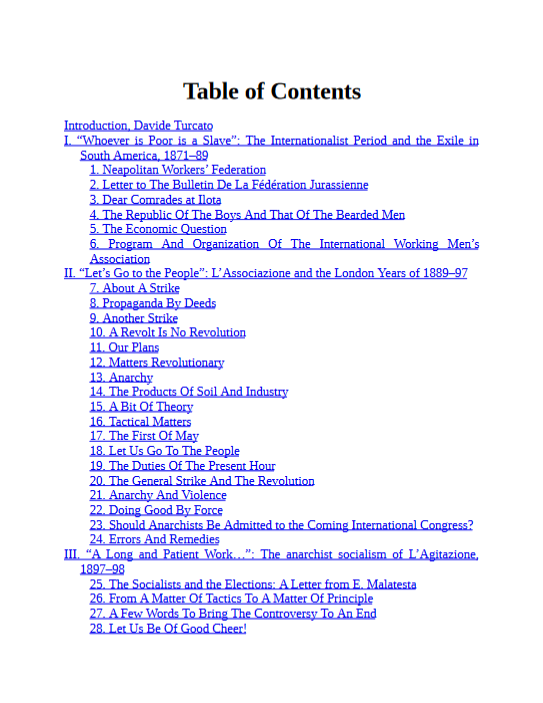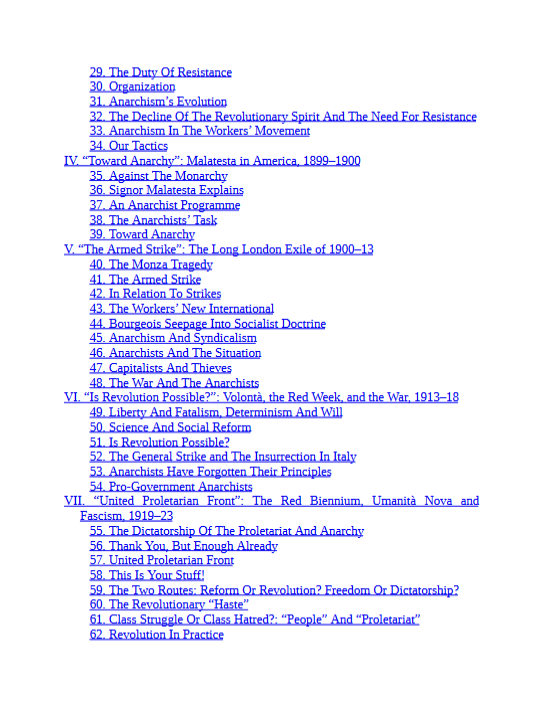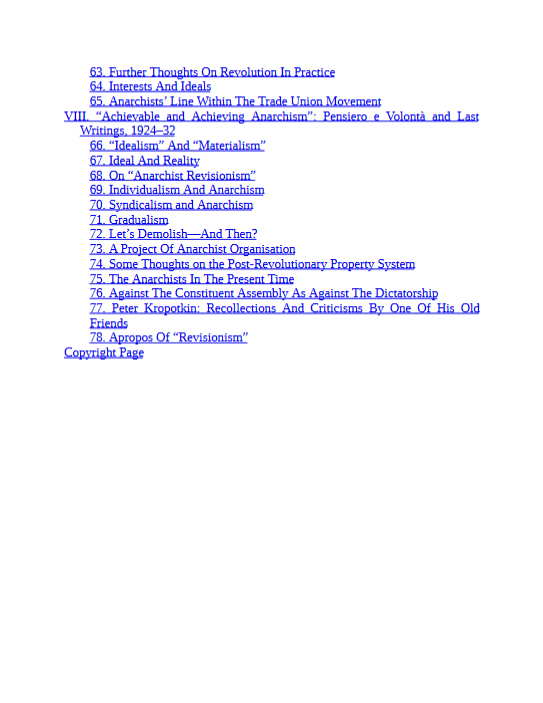Author(s)
Contents
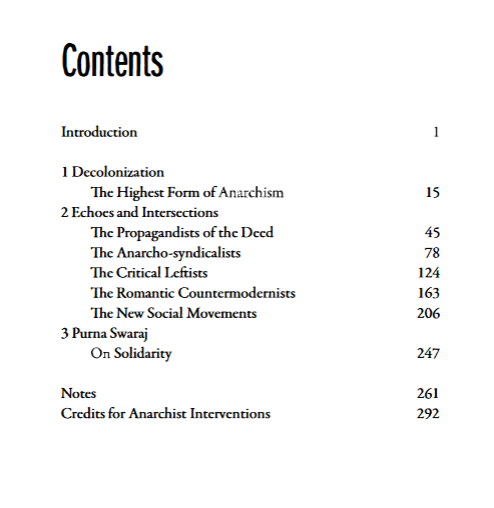
“This leads to the second implication, which has to do not just with anarchism’s role in decolonization but also with decolonizing our concept of anarchism itself.
That means that instead of always trying to construct a strongly anarcha-centric cosmology-conceptually appropriating movements and voices from elsewhere in the world as part of “our” tradition, and then measuring them against how much or little we think they resemble our notion of our own values-we could locate the Western anarchist tradition as one contextually specific manifestation among a larger-indeed global-tradition of antiauthoritarian, egalitarian thought/praxis, of a universal human urge (if I dare say such a thing) toward emancipation, which also occurs in many other forms in many other contexts.
Something else is then the reference point for us, instead of us being the reference point for everything else. This is a deeply decolonizing move.”
Maia Ramnath
Leave a comment below with a valid email adress (it will not be published) to request this book.
